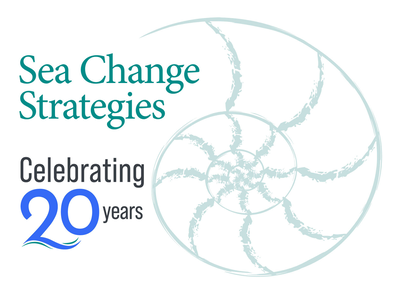Growing Your People
Who are you?
Depending on the moment, you might answer in 100 different ways. For me, that could include: husband, dad, scuba fanatic, Buddhist, fundraiser, crazy person, dog lover, etc…
More significantly, evoke one of my many “selves” and you might get a completely different set of responses and actions. When I am really cranky and hard to work with, my business partner Alia will often incant “Buddha Mark” to remind me to bring up my more open, generous and calm self. It’s amazing how often it works. Just ask her.
Appeals to identity are among the most powerful, and least used, tools in the persuasion toolbox. In their groundbreaking book Switch: How to Change Things When Change is Hard, Chip and Dan Heath refer to this strategy as “growing your people.”
One story the Heaths tell is the rescue of the St. Lucia Parrot from near extinction. In 1977, there were fewer than 100 of these resplendent and raucous birds left in the wild. Working with no funds and even less clout, a young scientist named Paul Butler developed a strategy based on the fact the bird lived no where else but the tiny Caribbean island from which it gets its name. He sought to make saving the parrot, widely considered a pest by many St. Lucians, a matter of national pride.
He worked with local ministers who sermonized on the bird’s behalf. He organized music festivals, gave away t-shirts, and got people dressed in parrot costumes to visit local schools. His message was simple, powerful, and effective – “you St. Lucians are the sort of people who save your island’s wild creatures.”
Two years after Butler began, the St. Lucia Parrot became the island’s national bird. Today, the bird is flourishing. And Paul Butler’s approach became the germ for wildlife conservation pride campaigns that have helped rescue endangered animals in more than 205 places around the world.
The next time you write a fundraising appeal or design an engagement campaign, think hard about whom you are engaging. Which of your audiences’ selves will be most receptive to your call to action. How can you evoke it?
Too often we think narrowly about our target audiences, or we think in sterile demographic terms. Address them instead as champions of justice or devoted parents or animal lovers or practitioners of compassion.
You might be amazed by the result.
Mark Rovner, founder and principal of Sea Change Strategies, is a Heath-certified “Lead a Switch” workshop trainer. Drop him a line if you are interested in having him conduct a workshop with your organization.
